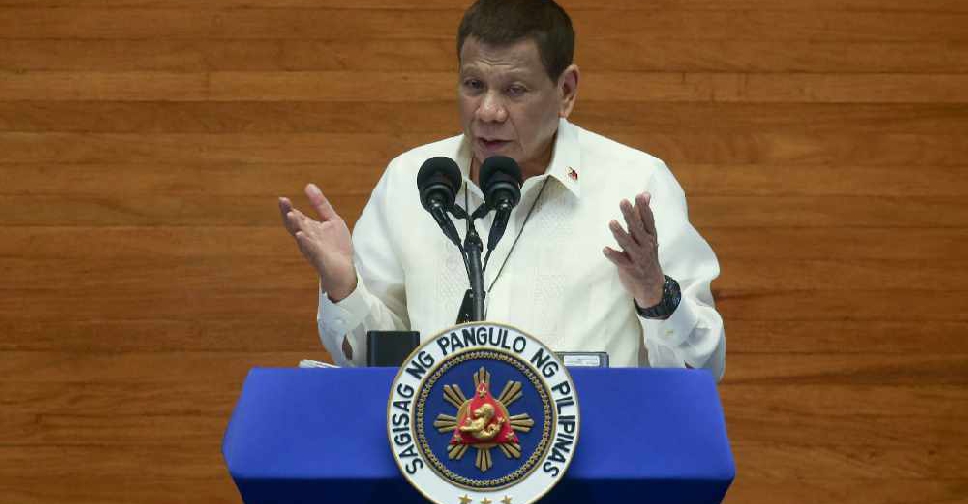
Philippine President Rodrigo Duterte said he would favour a government-to-government deal for the purchase of coronavirus vaccines to prevent the risk of corruption.
The Philippines, with its more than 108 million people and among the highest number of COVID-19 infections in Asia, is considered as both a suitable location for clinical trials and a large market for global vaccine manufacturers.
"Let me tell everybody that we will not beg, we will pay," Duterte said in a weekly televised address.
"To the Chinese government, you need not look for partners, we can make it government-to-government."
The Philippine leader later said that while China and Russia appeared to be ahead in the vaccine race, any country that submitted the best offer could be chosen.
China's Sinovac Biotech may start late-stage trials of its vaccine in the Philippines as early as next month, with the drugs agency evaluating its application.
Philippine authorities are also evaluating COVID-19 vaccines of Russia's Gamaleya Research Institute and Johnson & Johnson's Janssen for late-stage trials and in talks with drugmaker Pfizer Inc and Moderna Inc as potential suppliers.
Australia's Vaxine Pty Ltd has also expressed interest in holding a clinical trial.
The Philippines has initially allotted $400 million to buy 40 million doses for 20 million Filipinos, as part of Duterte's plan to inoculate the entire population.
With 371,630 confirmed COVID-19 cases and 7,039 deaths, the Philippines has the second-highest number of infections and fatalities in Southeast Asia behind Indonesia.
Duterte also extended partially relaxed coronavirus curbs in the capital by another month to the end of November. Schools remain closed while social distancing is imposed in public places and on mass transport.

 Iranian President Raisi killed in helicopter accident, state media says
Iranian President Raisi killed in helicopter accident, state media says
 ICC prosecutor seeks arrest warrants for Israeli, Hamas leaders
ICC prosecutor seeks arrest warrants for Israeli, Hamas leaders
 Assange given permission to appeal against US extradition
Assange given permission to appeal against US extradition
 Israel intends to broaden Rafah sweep, Defence Minister tells US
Israel intends to broaden Rafah sweep, Defence Minister tells US
 New Taiwanese president calls on China to stop threats
New Taiwanese president calls on China to stop threats




